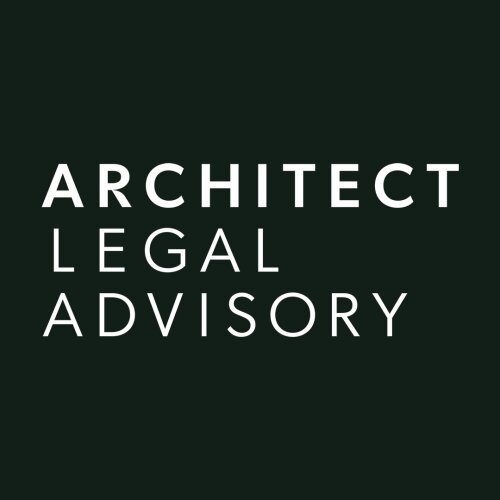Best Biotechnology Lawyers in South Korea
Share your needs with us, get contacted by law firms.
Free. Takes 2 min.
Or refine your search by selecting a city:
List of the best lawyers in South Korea
About Biotechnology Law in South Korea
South Korea has a thriving biotechnology industry, with companies focusing on areas such as pharmaceuticals, genetic engineering, and medical devices. The country has strict regulations in place to ensure the safety and ethical implications of biotechnological advancements.
Why You May Need a Lawyer
There are several situations where you may require legal assistance in the field of biotechnology in South Korea. These include contract disputes, intellectual property rights issues, regulatory compliance, and litigation related to biotechnological products or services.
Local Laws Overview
In South Korea, biotechnology is regulated by various laws and regulations, including the Bioethics and Biosafety Act, the Pharmaceutical Affairs Act, and the Act on Safety Management of Biotechnology. These laws govern the research, development, commercialization, and use of biotechnological products and services in the country.
Frequently Asked Questions
Q: What is the process for obtaining regulatory approval for a biotechnological product in South Korea?
A: Regulatory approval for biotechnological products in South Korea involves submitting an application to the Ministry of Food and Drug Safety (MFDS) and undergoing a thorough evaluation process to ensure the safety and efficacy of the product.
Q: How can I protect my intellectual property rights in the field of biotechnology in South Korea?
A: Intellectual property rights in biotechnology can be protected through patents, trademarks, and copyrights. It is important to work with a lawyer who specializes in intellectual property law to ensure your rights are adequately protected.
Q: What are the ethical considerations involved in biotechnological research in South Korea?
A: Biotechnological research in South Korea must adhere to strict ethical guidelines outlined in the Bioethics and Biosafety Act. Researchers must obtain consent from participants, ensure confidentiality, and comply with ethical standards set by regulatory bodies.
Q: What are the penalties for non-compliance with biotechnology laws in South Korea?
A: Non-compliance with biotechnology laws in South Korea can result in fines, sanctions, and legal action. It is important to ensure compliance with all regulatory requirements to avoid legal consequences.
Q: How can a lawyer help me navigate the complex regulatory landscape in the field of biotechnology in South Korea?
A: A lawyer with experience in biotechnology law can provide legal advice, assist with regulatory compliance, draft and review contracts, represent you in legal proceedings, and protect your rights in the biotechnology industry.
Additional Resources
For more information on biotechnology laws and regulations in South Korea, you can refer to the Ministry of Food and Drug Safety website, the Korea Biotechnology Industry Organization (KoBIO), and the Korea Patent Attorneys Association.
Next Steps
If you require legal assistance in the field of biotechnology in South Korea, it is important to seek the guidance of a qualified and experienced lawyer who can help you navigate the legal complexities of the industry and protect your interests. Contact a biotechnology law firm or legal practitioner specializing in biotechnology law to discuss your specific needs and explore your options for legal support.
Lawzana helps you find the best lawyers and law firms in South Korea through a curated and pre-screened list of qualified legal professionals. Our platform offers rankings and detailed profiles of attorneys and law firms, allowing you to compare based on practice areas, including Biotechnology, experience, and client feedback.
Each profile includes a description of the firm's areas of practice, client reviews, team members and partners, year of establishment, spoken languages, office locations, contact information, social media presence, and any published articles or resources. Most firms on our platform speak English and are experienced in both local and international legal matters.
Get a quote from top-rated law firms in South Korea — quickly, securely, and without unnecessary hassle.
Disclaimer:
The information provided on this page is for general informational purposes only and does not constitute legal advice. While we strive to ensure the accuracy and relevance of the content, legal information may change over time, and interpretations of the law can vary. You should always consult with a qualified legal professional for advice specific to your situation.
We disclaim all liability for actions taken or not taken based on the content of this page. If you believe any information is incorrect or outdated, please contact us, and we will review and update it where appropriate.
Browse biotechnology law firms by city in South Korea
Refine your search by selecting a city.















